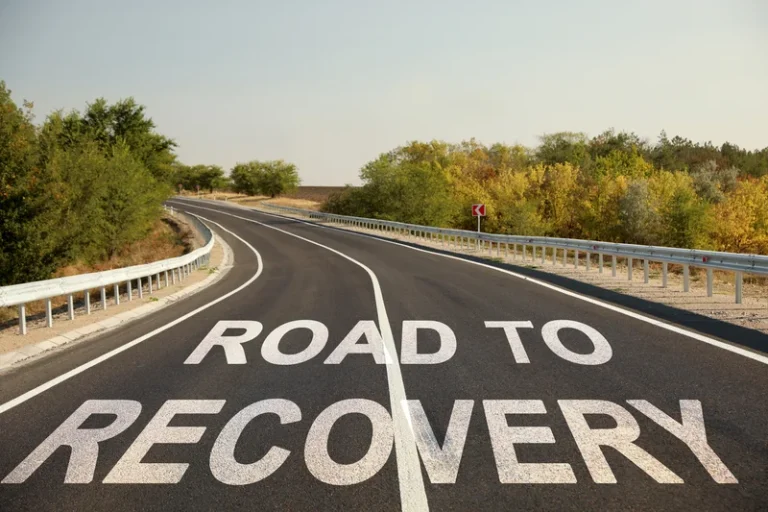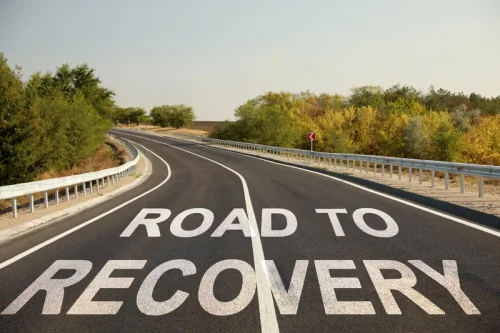The Effects of Alcoholism on Narcissism

It’s essential to remain calm, assert boundaries, and seek support from trusted individuals to navigate such interactions effectively. By recognizing these triggers, we can better navigate interactions and protect our emotional well-being. In some cases, setting boundaries and practicing self-care can mitigate the impact of triggers. There doesn’t appear to be a significant relationship between narcissistic personality disorder and substance use relapses. But, when people with both AUD and NPD go back to drinking, they will probably hide or deny it. They may also feel like they failed and blame someone else for their failure.
- Research indicates that individuals with narcissistic tendencies are more likely to develop alcohol-related problems and engage in excessive drinking behaviors.
- Continued substance abuse can lead to a deterioration of relationships, work performance, and overall quality of life.
- Alcohol compensates for that, covers up for that, renders him attractive, and again, attractive not only sexually, attractive socially, for example, to socialize with other people.
- According to recent studies, approximately 14.5 million Americans aged 12 and older had AUD in 2019, highlighting the widespread nature of this issue.
- He’s very few people in his life, very few aspects, and he’s terrified to lose this.
Rehabilitation Strategies: Recovery Phases & Managing Relapse Risks
Understanding these consequences is crucial for recognizing the importance of comprehensive treatment. Seek treatment and support if you or someone you know has alcohol use and narcissistic personality disorders. Therefore, simultaneous treatment of alcoholism and narcissistic personality disorder is essential. If only one condition is treated, the person’s chances of relapse will increase. For this reason, it’s what happens when a narcissist drinks alcohol crucial to treat co-occurring disorders simultaneously.

How to Act Like Psychopath: Effective Strategies for Gaining Control in High-Pressure Situations
Not everybody with narcissistic traits or NPD heroin addiction misuses alcohol. Similarly, many people who misuse alcohol might display very few signs of narcissism. According to a 2018 article, due to the common co-occurrence of personality disorders and AUD, it is important that substance misuse services screen for personality disorders and vice versa.

What’s the outlook for people with NPD or AUD?
- These individuals have a lack of concern for the well-being of others or how others may be affected by their actions.
- Alcoholics believe that drinking comes first, even at the expense of the needs of their loved ones.
- This is especially true if you have conflicted emotions and are reluctant to speak with others who might judge you or your relationship.
- Understanding the connection between these two mental health conditions is crucial for effective diagnosis and treatment.
- Patience and support are therefore needed to ensure the best possible outcomes.
Treatment for co-occurring narcissism and alcohol addiction typically involves a combination of therapy and medication. The use of cognitive-behavioral therapy can help people recognize and change negative thought patterns and behaviors, while medication can alleviate anxiety and depression symptoms. For example, both narcissists and alcoholics may exhibit manipulative, exploitative, and controlling behaviors. They may also struggle with feelings of entitlement and have difficulty taking responsibility for their actions.
Healthy Coping Skills
Covert narcissists tend to be more focused on their own needs and desires, often feeling entitled to special treatment. They exhibit a lack of empathy and genuine concern for others, using manipulative tactics like gaslighting and blame-shifting to maintain control. The associations between covert narcissism and alcohol abuse can result in heightened psychological distress and interpersonal difficulties. The ability to empathize is a key factor that distinguishes those with BPD from individuals with covert narcissism. These contrasting traits can lead to power imbalances within the relationship, with the covert narcissist exerting control through manipulation and gaslighting tactics.
How Do Narcissism and Alcoholism Differ?
So, even if your spouse is sober, their narcissistic behaviors can persist. They can somehow reconcile the loss of their physical appearance and even recede into the background of their lives. Some turn to alcohol or drugs for relief from their mental health symptoms. Using drugs or alcohol to manage mental health symptoms is called “self-medication.” Self-medicating with drugs or alcohol is an unhealthy coping mechanism that can lead to an addiction. If you or someone you love struggles with mental health conditions and addiction, you are not alone. Contact The Living Room specialists to explore our recovery programs or to schedule an intake appointment.

Active Recovery Companions offers specialized services that are dedicated to providing one-on-one support for individuals navigating the challenges of addiction recovery. Reach out to Active Recovery Companions today to get the guidance and support you need for your wellness and recovery journey. Dealing with a narcissistic husband can be challenging, even during the best of times.
Community and Family Support
- Alcoholics and narcissists can also rapidly change moods and behavior.
- Narcissistic alcoholics frequently exploit others to fulfill their own needs and desires 3.
- Narcissism and alcoholism often intertwine, creating a complex and challenging dynamic.
- One of the ways alcohol does this is by having an effect on the part of our brain, on the center of our brain, that perceives symmetry.
- Dual diagnosis refers to the co-occurrence of two mental disorders in an individual.
- NPD is characterized by a pervasive sense of entitlement, an overwhelming need for admiration, high sensitivity to criticism, grandiosity, lack of empathy, and selfish behavior.
They avoid their inner feelings and thoughts by drinking excessive amounts of alcohol. Both narcissists and alcoholics will become defensive once people confront them about their actions. Alcoholics crave alcohol, while narcissists crave attention and the feeling of superiority. Environmental factors like childhood trauma or neglect can interact with genetic vulnerability. Experiences of abuse, inconsistent parenting, or excessive praise may contribute to narcissistic tendencies.
Someone with narcissistic behaviors may begin drinking heavily for increased attention, for example. Additionally, alcohol may blur reality for them and they will see themselves as superior to others — possibly smarter, stronger, or invincible. At the Blackberry Center, our dual diagnosis program is tailored to each individual to treat their unique circumstances and symptoms. We specialize in guiding patients through the process of recovery step by step. From the very first day of alcohol detox and all the way through the discharge process and beyond, you will be able to tackle the causes of addiction head on with full support along the way. A person struggling with alcoholism can appear to dismiss friends and family to spend time with others that support their need to drink excessively.
It makes me perfect, makes me brilliant, makes me self efficacious. I have to put my mind to it and then imbibe, drink a little and then I’m all good. It’s the thrill of the illicit or the dangerously risky and reckless self destructiveness and masochism go into it. And on the other hand, in control, someone who can get things done, someone who everyone is frightened of.